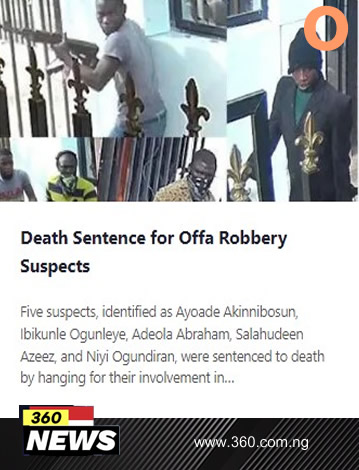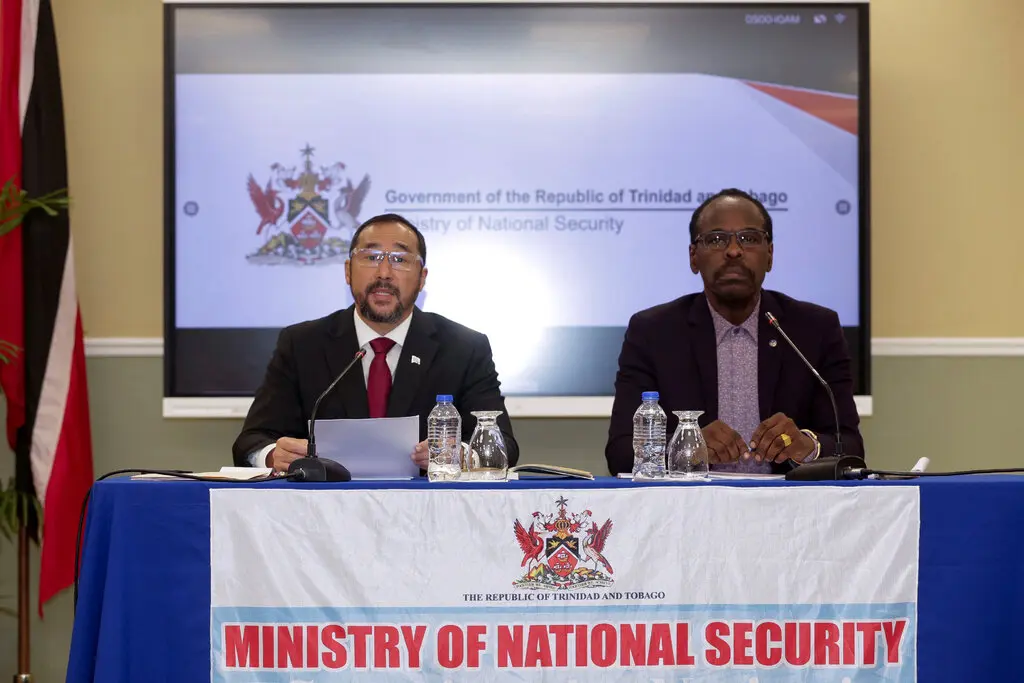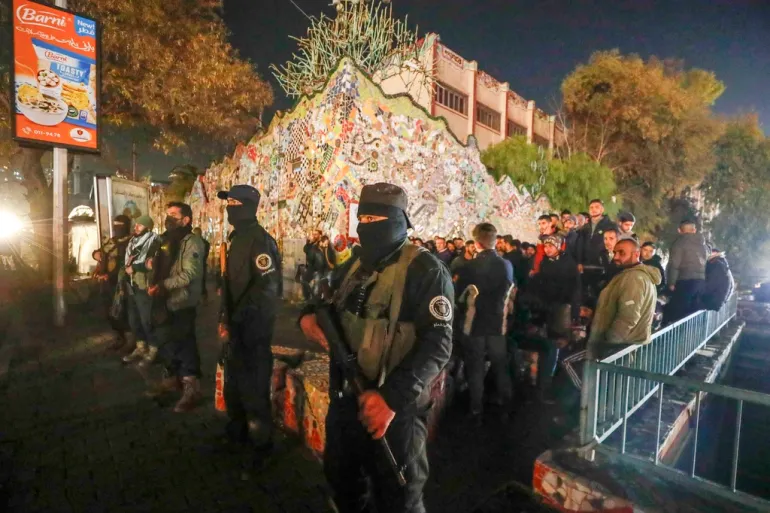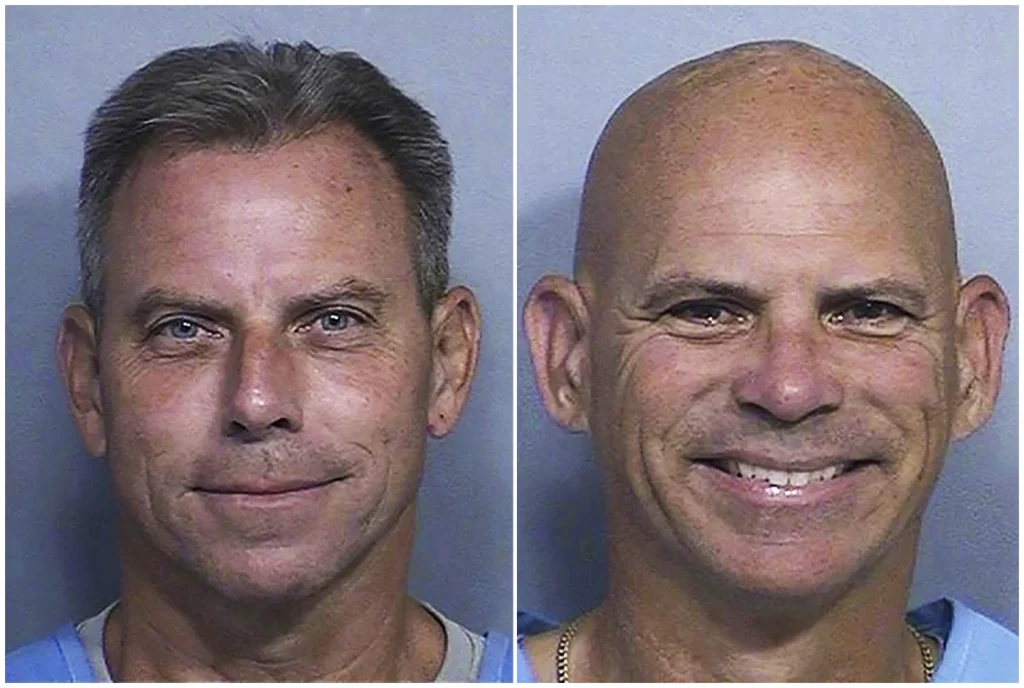Death Sentence for Offa Robbery Suspects

Five suspects, identified as Ayoade Akinnibosun, Ibikunle Ogunleye, Adeola Abraham, Salahudeen Azeez, and Niyi Ogundiran, were sentenced to death by hanging for their involvement in the notorious Offa robbery incident that occurred in 2018.
Justice Haleemah Salman, the presiding judge, found them guilty of armed robbery, illegal possession of firearms, and culpable homicide, which resulted in the death of 32 people, including nine policemen and eight civilians.
Justice Salman, in her ruling, emphasized the gravity of the crime and stated that the accused persons allowed their connections with those in power to lead them astray, thus leading to their involvement in the heinous act.
The sentencing brought a measure of closure to the victims and their families, as well as to the community that was shaken by the violent robbery.
However, controversy still lingers over the involvement of Deputy Commissioner of Police Abba Kyari, who was accused by Ayoade Akinnibosun of pressuring the suspects to implicate the then Senate President, Bukola Saraki.
This revelation has cast a shadow over the investigation and trial process, raising questions about the integrity and impartiality of the police.
The accused persons’ claims of torture and coercion by the police have further exacerbated concerns about the fairness of the justice system in Nigeria.
As the dust settles on this case, it is essential to examine the systemic issues that may have contributed to the miscarriage of justice and ensure that such incidents do not recur in the future.
The Offa robbery case highlights the need for the Nigerian justice system to prioritize transparency, fairness, and integrity in its processes.
The allegations of police misconduct in this case underscore the importance of thorough and unbiased investigations, without undue influence from external factors.
It is imperative for law enforcement agencies and the judiciary to remain accountable to the public and maintain the highest standards of professionalism and impartiality.
Furthermore, the case calls for a broader conversation on the role of poverty, inequality, and lack of opportunities in driving criminal activity.
The Offa robbery case provides an opportunity for the Nigerian government to address the root causes of crime and violence in the country.
The lack of access to education, healthcare, and employment opportunities, coupled with entrenched poverty, can fuel criminal activity, leading to tragedies like the Offa robbery.
It is vital for the government to prioritize investment in social programs, job creation, and community development initiatives to reduce the incentive for crime and foster a more equitable society.
Additionally, measures such as police reform and transparency in the justice system can improve public confidence in the institutions charged with maintaining law and order.
References and Citations:
- BBC – Offa robbery judgment; Judge finds all suspects of 2018 Kwara State robbery guilty
- Pulse – Breaking: Offa bank robbery suspects sentence to death
- Vanguard – Five Offa robbery suspects to die by hanging
Picture News







